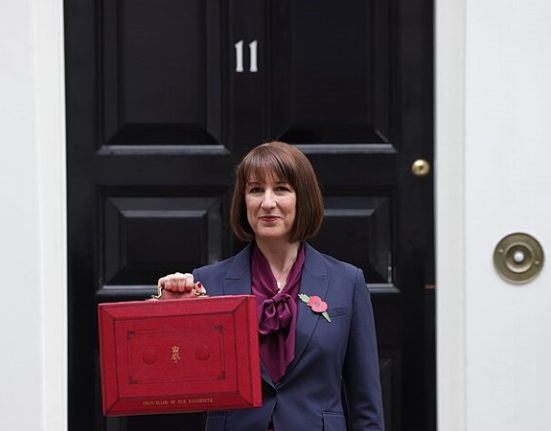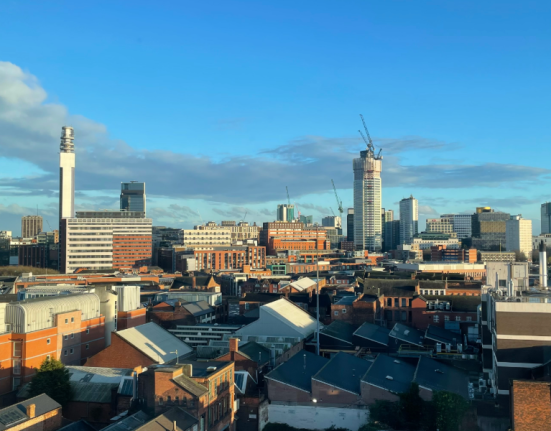Retirement crisis hits home
Millions of Brits, including many thousands across the West Midlands, are heading for a pension shortfall, with new figures showing future retirees could be worse off than their parents.
Now the Government is bringing back its once-famous Pensions Commission, warning that unless action is taken, millions will be left struggling to afford a basic retirement.
The Commission, originally set up in 2006, will return with a mission to tackle a looming crisis that sees 15 million people under-saving, many putting away nothing at all.
West Midlands workers at risk
Across the West Midlands, it’s low-paid, self-employed and part-time workers who face the biggest pension squeeze. New figures show that:
- Only 1 in 4 low earners in the private sector are saving for retirement
- 3 million self-employed people across the UK, including thousands of West Midlands tradespeople, delivery drivers and carers, aren’t saving a penny
- Ethnic minorities are among the worst affected, with just 1 in 4 people of Pakistani or Bangladeshi background saving into a pension
In Birmingham, Wolverhampton and Coventry, where many work in lower-paid or freelance roles, that could mean a retirement filled with financial uncertainty.
Women falling further behind
The Government has also uncovered a shocking 48% pensions gap between men and women. A typical woman approaching retirement will receive £5,000 less per year than a man, a difference of more than £100 a week.
That’s especially alarming in the West Midlands, where many women work in part-time healthcare, retail and childcare roles with limited pension provision.
Caroline Abrahams from Age UK said: “Too many pensioners are already struggling. Women, carers and part-time workers are the worst hit, and we need reforms now to stop them slipping into poverty later in life.”
Pension pots not enough
Auto-enrolment introduced after the first Pensions Commission helped boost the number of people saving, with 88% of eligible employees now enrolled.
But nearly half of them are only saving the minimum – 8% of earnings or less – which won’t be enough for a comfortable retirement.
New government analysis shows that people retiring in 2050 could have £800 less private pension income a year than those retiring today – a worrying sign that we’re going backwards.
Reviving the commission
That’s why the Government is relaunching the Pensions Commission. The new team, made up of Baroness Jeannie Drake, Sir Ian Cheshire and Professor Nick Pearce, will investigate what’s stopping people from saving and recommend big reforms.
Work and Pensions Secretary Liz Kendall said: “People deserve to know they’ll have a decent income in retirement – with security, dignity and freedom. But that’s not the reality for millions right now, especially if you’re low-paid or self-employed.”
Bigger funds, better returns
Among the proposals being looked at are:
- Creating pension megafunds to invest people’s savings in big infrastructure and growth projects, boosting returns
- Raising minimum contributions over time (but not during this Parliament)
- Helping self-employed workers save more easily through flexible schemes
- Tackling the gender gap and supporting carers who often miss out
- Reviewing the state pension age to reflect changing life expectancy
Chancellor Rachel Reeves said the Government’s wider pensions shake-up could add £29,000 to average retirement pots, helping savers across the country – including those in the West Midlands – enjoy a more comfortable old age.
Union and business backing
The move has received backing from unions, employers and pension experts.
Paul Nowak of the TUC said: “Far too many people – especially women, disabled workers and ethnic minorities – are locked out of the pension system. This new Commission is a vital chance to put that right.”
The British Chambers of Commerce welcomed the move but urged ministers not to hike employer contributions too quickly. “We need a system that works for both businesses and employees,” said policy chief Jonny Haseldine.
Financial firms like Legal & General and Scottish Widows have also called for urgent reform. Chira Barua of Scottish Widows warned: “39% of UK workers still risk poverty in retirement. We must act while there’s still time.”
Final plan due by 2027
The Commission will deliver its final recommendations by 2027 – after the next election – and is expected to influence pensions policy for decades.
At the same time, two independent reviews will examine when people should receive the state pension, as costs continue to rise with an ageing population.
In the West Midlands, where thousands already rely solely on the state pension to get by, the stakes couldn’t be higher.
What it means for you
If you’re self-employed, low-paid, or part-time, you’re most at risk. Women, carers and ethnic minority workers are also less likely to have a decent pension.
Experts say now is the time to check your savings and make a plan – because the system isn’t working for everyone.
As Caroline Abrahams from Age UK put it: “If we want to stop the next generation of pensioners falling into hardship, we need change – and we need it fast.”
Worried about your pension? Email us at newsdesk@westmidlands.news to share your story.







